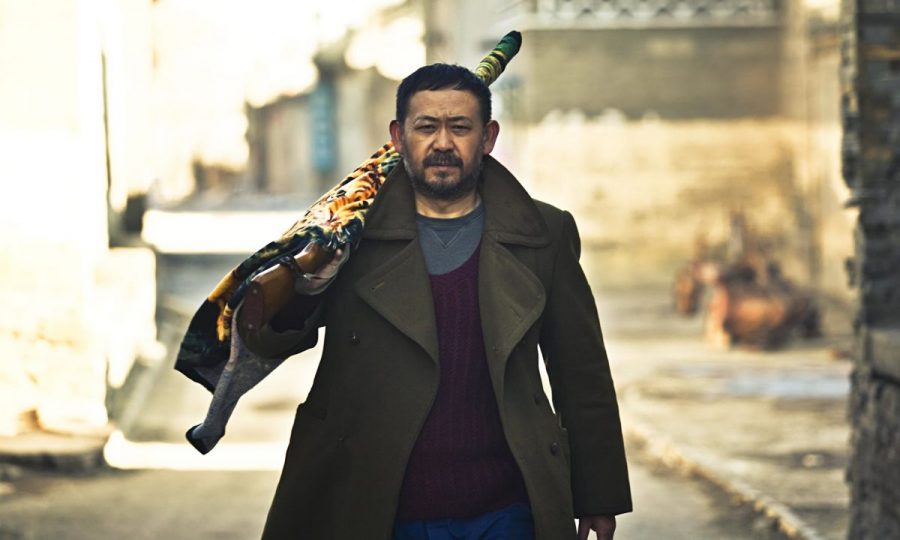Offering a socially bleak but cinematically beautiful view of modern China, Jia Zhangke’s A Touch of Sin proves intensely bittersweet to watch. The film depicts the brutal reality and social injustice of daily life working on the breadline, relentless in its presentation of just how demanding and soul-destroying this can be. Shot through with moments of refined and poised cinematography, this joyless and chaotic world is counterbalanced with an aesthetic tranquillity.
The film links together four narrative strands, each following a figure who has been placed under immense psychological and societal pressure. It explores how far a person can be pushed before they lose their humanity. Considering the false dichotomy between humans and animals, the film contrasts the primal cruelty of men and women with the passive patience of other creatures. The pervasive brutality of life is intimated: as one character says dryly, ‘better to live miserably than die happy – right?’ This is a desolate and corrupt world and the film takes obvious cathartic pleasure in its characters’ violent eruptions of protest.
Implicit social commentary on the effects of Neo-Capitalism and post-Westernisation filter through: the uniform life of communism is swapped for the equally undistinguished life of factory or brothel work – people as cogs in the consumerist machine. Stemming from a rich cultural history of epic film – the title puns on King Hu’s A Touch of Zen and the content has clear inflections of the martial arts genre – Zhangke redefines the paradigms of modern Chinese cinema. Winner of Best Screenplay at Cannes last year, A Touch of Sin is both poignant and bold in its execution, forcing its audience to face the tragedy of modern-day life, a tragedy without salvation.
